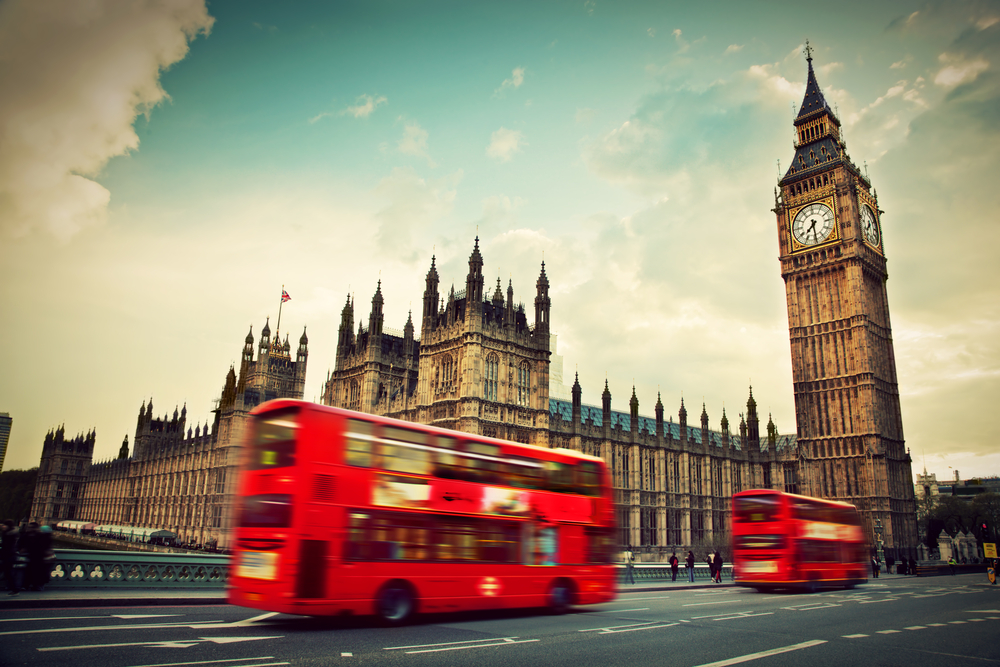Creative new ideas in digital and sustainable technologies will help travel and tourism to rebound after the pandemic, according to Euromonitor International at WTM Virtual.
The global research specialist said its best-case scenario sees the travel and tourism sector taking at least three years to recover to pre-coronavirus levels.
However, the industry has a chance to build a more sustainable, equitable future, said Caroline Bremner, Head of Travel Research at Euromonitor International.
“We have an amazing chance to reset and chart a better path forward,” she said on the first morning of WTM Virtual.
She was presenting the findings of Euromonitor International’s major global study, called Accelerating Travel Innovation After Coronavirus.
The report said global tourism arrivals will plunge by 57% in 2020 and the sector could take three to five years to recover, depending on the availability of a vaccine.
Europe’s recovery is likely to be one of the slowest, taking four to five years, while the UK faces particular challenges with the end of the Brexit transition period and unemployment likely to double.
Aviation could take four years to recover, while travel agencies and hotels may take more than five years to bounce back.
The report noted a “strong shift” to mobile and online sales, which will recover the fastest.
However, only 41% of travel businesses surveyed provide customers with a travel app, said Bremner.
Another disconnect between trends and travel businesses is the fact that 64% of global consumers are worried about climate change yet 49% of travel businesses say they engage with climate action.
Consumers are more likely to book domestic trips in the next 18 months to two years – and 21% of holidaymakers say they won’t return to previous travel patterns.
The report highlighted four key areas of innovation in which travel companies are innovating to help their recovery: digital, sustainability, health and consumers.
In the digital sphere, firms are developing virtual experiences to give travellers confidence to book, as well as apps to help give a touch-free experience.
Bremner pointed to apps such as Danish hotel check-in app Aeroguest and the Dominican Republic’s Covid RD app as innovative ways to give consumers confidence to travel safely.
Interest in adventure and nature-based travel activities has risen from 51% of consumers in 2019 to 54% in 2020, and Bremner highlighted a biking scheme in
Scotland which showed how outdoor activities can be therapeutic.
Other innovations included floating solar panels in the Maldives; offering hotel rooms as work-from-home spaces; and the ‘Conviva’ concept of conservation in wildlife tourism areas.
She said this “building back better” trend was encapsulated in a quote from Jake Haupert, Co-Founder of Transformational Travel Council, who said:
“There is a global awakening occurring and there needs to be a change in mindset, to go beyond sustainability and embrace regenerative and transformational tourism.”
Download the full report:
